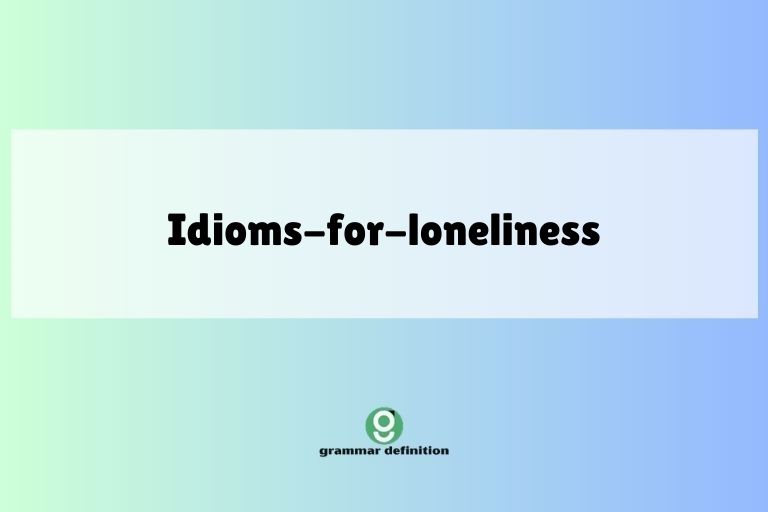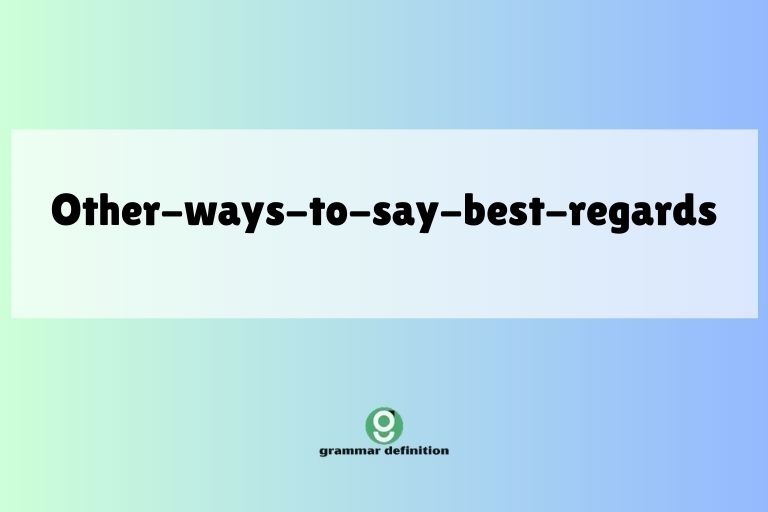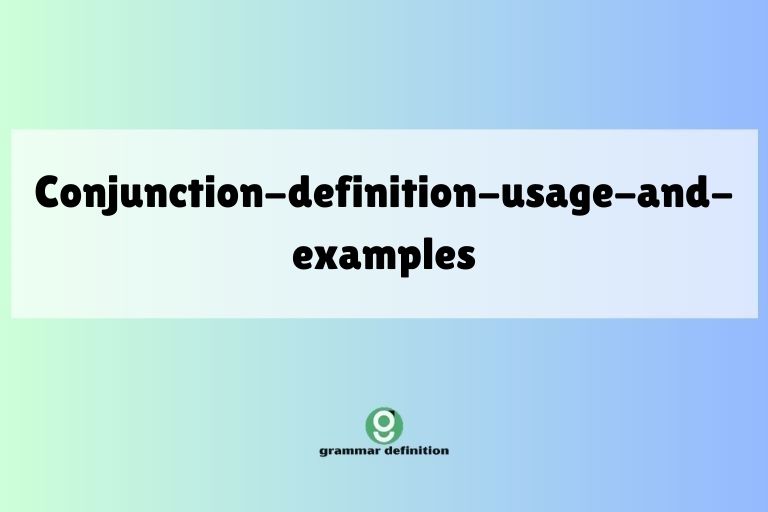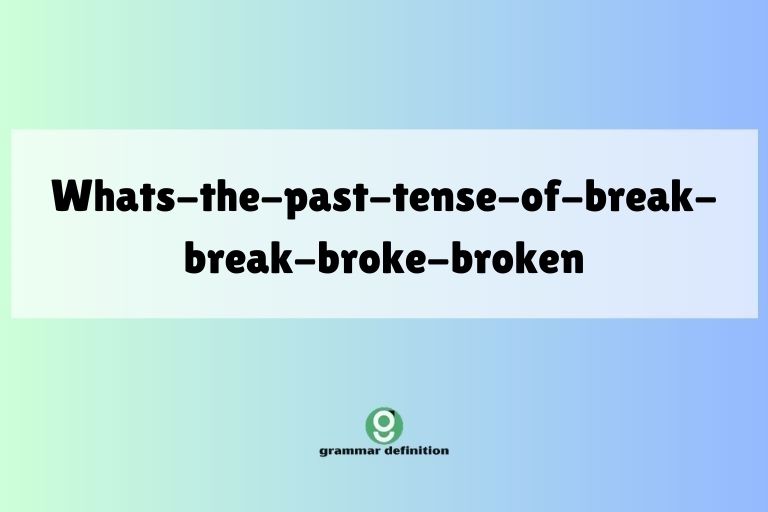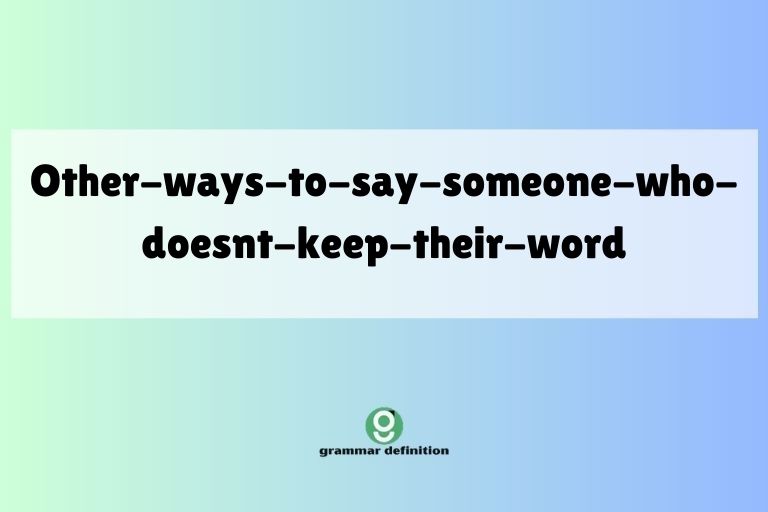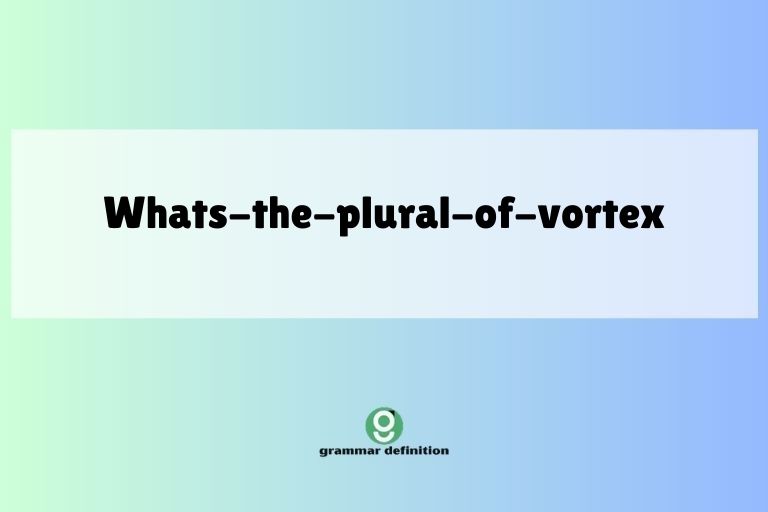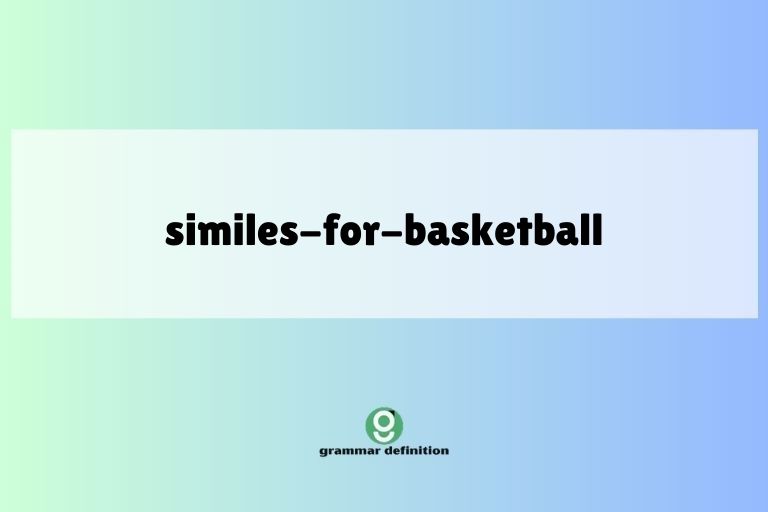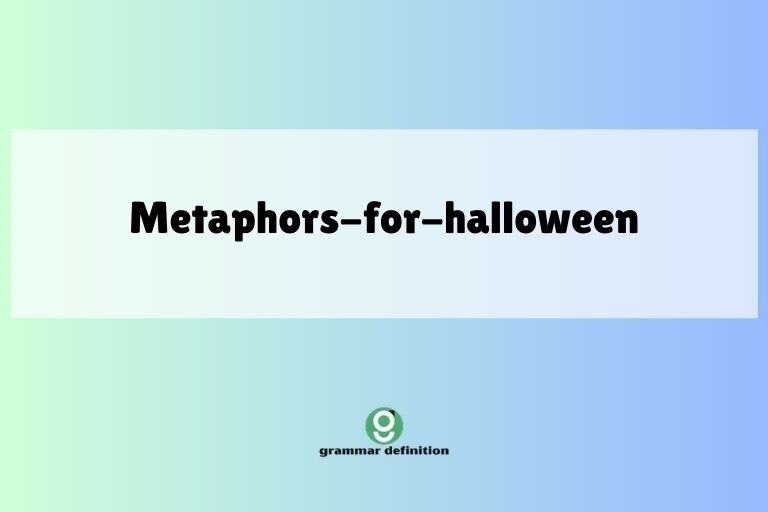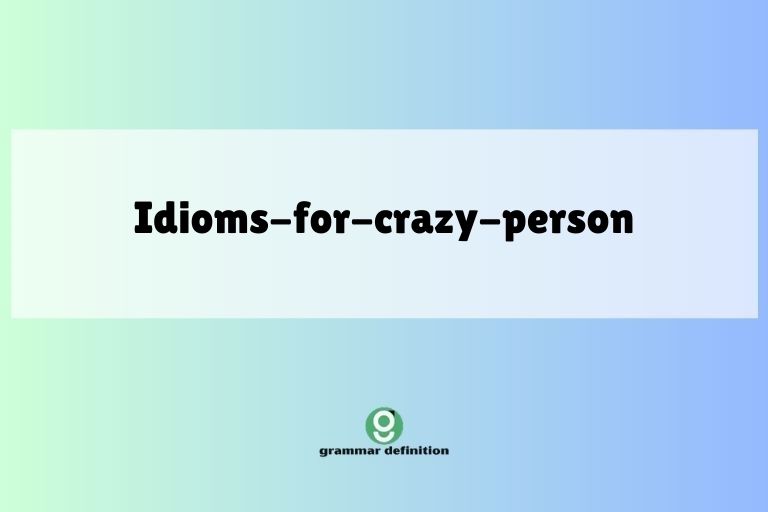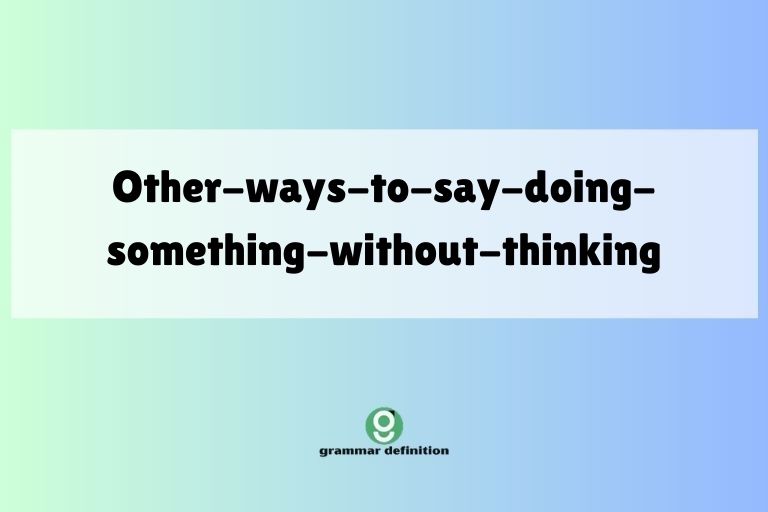Idioms for Loneliness: Understanding and Using Figurative Language
Loneliness is a universal human experience, and English, being a rich and expressive language, offers a plethora of idioms to describe this feeling. Understanding idioms related to loneliness not only enriches your vocabulary but also allows you to express yourself more vividly and connect with others on a deeper emotional level. Mastering these idioms can … Read more

